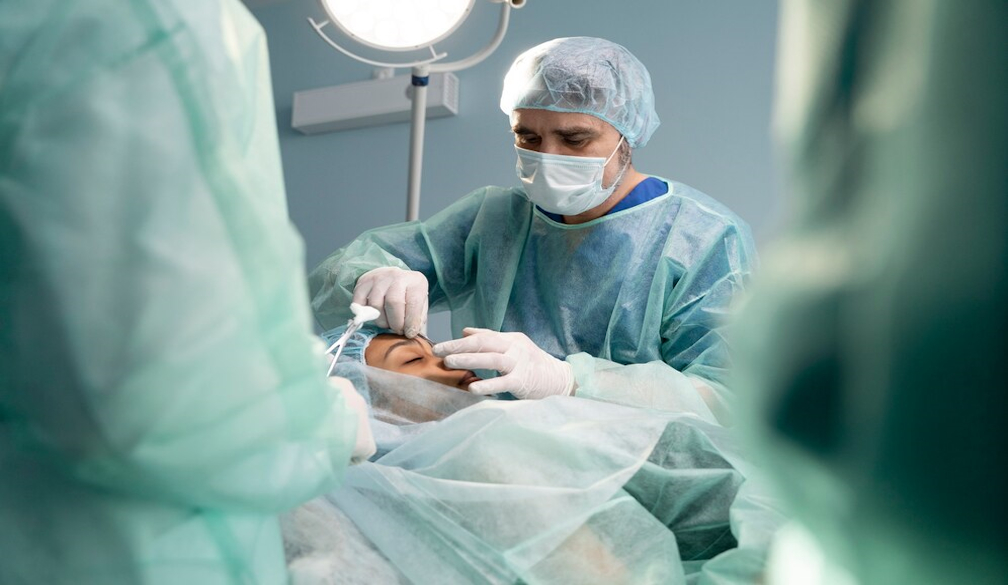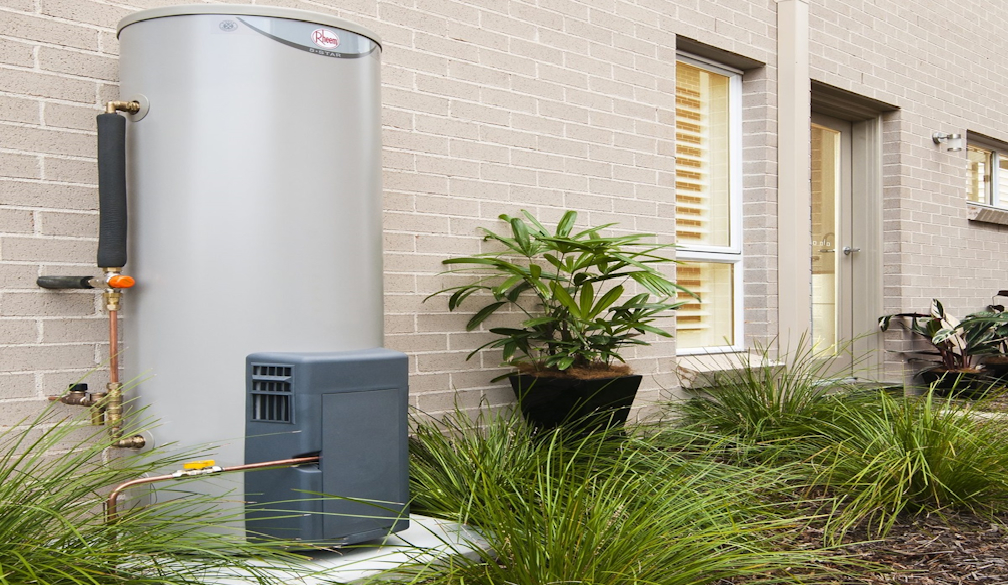Simple Ways to Minimise Bruising after Rhinoplasty
- Written by News Company

If you’re considering rhinoplasty, you’ll know that you need to prepare yourself for the bruising that comes with it.
Most rhinoplasty patients tend to experience much less bruising than they thought they would, with the majority being able to return to work after a week once their nasal splint has been removed.
Choosing the right surgeon is one of the easiest ways to minimise bruising after rhinoplasty. Bruising is most common when adjustments are made to your nasal bone and the blood supply is disrupted. An experienced surgeon will take the time to prevent this from happening while still achieving the desired result, which is why it pays to do your research to find the best rhinoplasty surgeon.
Factors that Influence Bruising after Rhinoplasty
There are a few aspects that can increase your chances of bruising:
Age. The older you are, the more fragile your blood vessels will be, which means people older than 35 tend to bruise more easily.
Your history. If you know that you tend to bleed and bruise more easily than others, you will probably experience the same after rhinoplasty.
Your habits. Smokers automatically bruise more easily because the tobacco affects blood flow. The more difficult it is for your body to heal, the more severe your bruising will be and the longer it will last.
Tips to Reduce Bruising after Rhinoplasty
While your surgeon will provide you with all the rhinoplasty details you should know to make your recovery easier, here are some additional tips that will help with bruising:
Relook at your supplements and medication. In the days leading up to your surgery, it’s important that you cut out any medication and supplements that could cause excess bleeding during your surgery, which is what will lead to severe bruising. Any supplements that contain fish oils, vitamin E, gingko or ginseng should be avoided, as should herbal teas and supplements. Ask your surgeon for a full list of what you should avoid in an effort to combat bruising.
Have a cold compress ready to go when you get home. Whether you want to purchase a small ice pack or you have a small bag of peas sitting in your freezer, applying a cold compress to your cheeks for the first two days after your procedure will help with swelling and bruising. The cold works by slowing down the progression of the bruising, so your bruises will probably only be slightly yellow in colour than purple.
Keep your head elevated. Keeping your head elevated will decrease both swelling and bruising. Sleeping with your head propped up is especially important for the first few nights. In fact, if you know that you tend to sleep on your stomach or your side, you may want to practice sleeping on your back with your head elevated before your surgery to get used to it.
Consider using arnica or Bromelain. Bromelain and arnica are herbal supplements that are readily available at health shops and can be used to minimise and reduce bruising.




